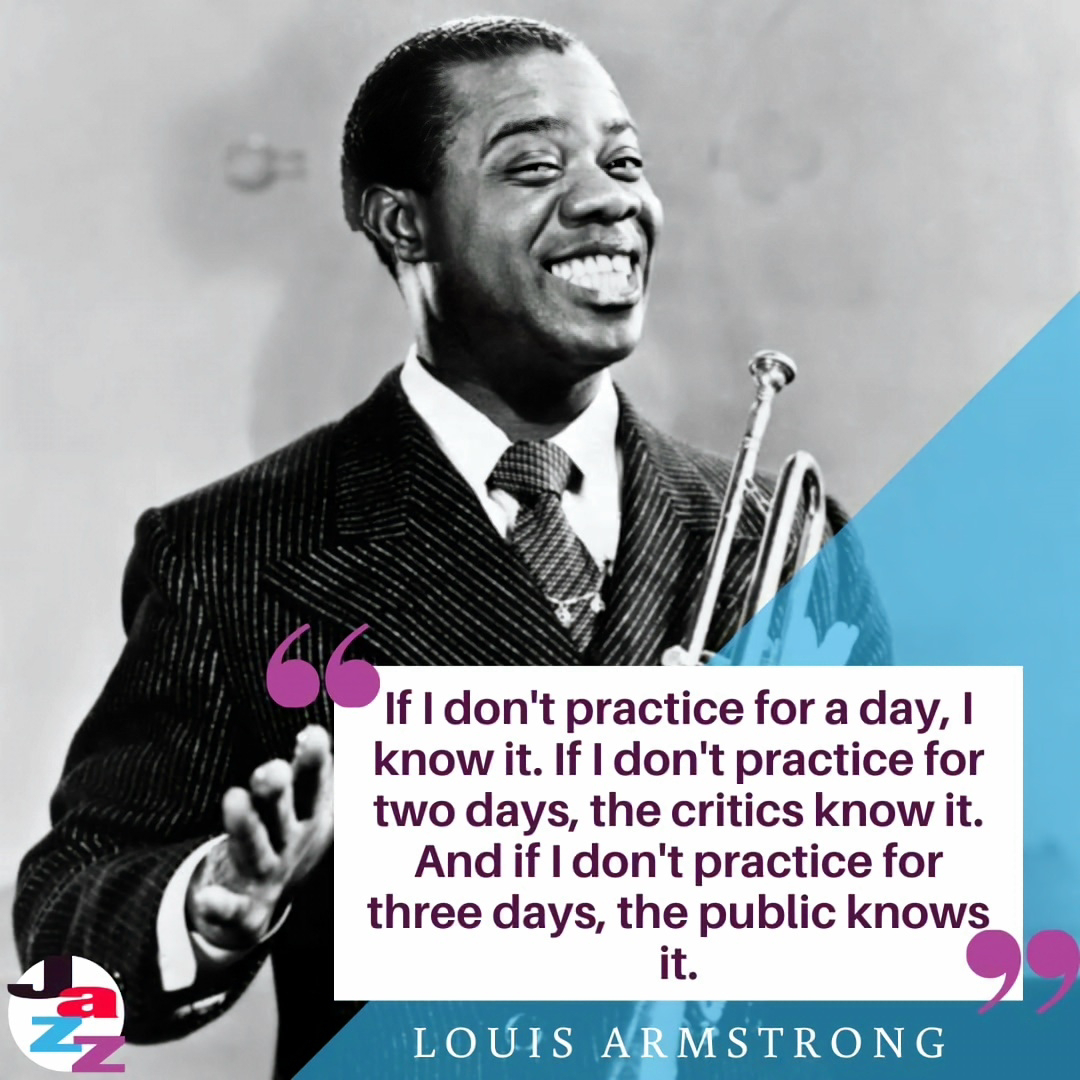Louis Armstrong's life and legacy offer a resonant story of resilience and the transformative power of music.
Louis Armstrong's life and legacy offer a resonant story of resilience and the transformative power of music. Born into poverty in 1901 in New Orleans, a city often regarded as the cradle of jazz, Armstrong's early life was beset with hardships. His arrest and subsequent placement in the Colored Waif’s Home for Boys, while seemingly a setback, serendipitously provided him with the opportunity to learn the cornet, an instrument that would become his initial step into the world of music.
The mentoring he received from Joe “King” Oliver, a pivotal figure in the jazz scene, was instrumental in Armstrong's development. It's a testament to the importance of mentorship and community in the arts; talent can be found and fostered in the most unlikely places. Armstrong's eventual rise to prominence in the 1920s, marked by his distinct voice and dynamic trumpet playing, wasn't just a personal victory but also a cultural breakthrough. His success during a time of racial segregation and economic hardship for African Americans was a beacon of hope and a demonstration of the power of perseverance and passion.
The quote in the picture, “If I don't practice for a day, I know it. If I don't practice for two days, the critics know it. And if I don't practice for three days, the public knows it,” encapsulates Armstrong's dedication to his craft. It reflects the relentless pursuit of excellence and the acknowledgment of an artist's responsibility to themselves, their critics, and their audience. It speaks to the universal truth that consistent effort is key to maintaining and enhancing one's skills, a lesson that transcends music and applies to all areas of life.
Louis Armstrong's journey from a troubled youth to a leading figure in jazz is not just a narrative of personal success; it is a powerful example of the impact of nurturing potential and the enduring value of discipline. His story is a reminder of how dedication to one's craft can lead to significant cultural contributions and how an individual's development can be both a personal triumph and a collective inspiration.


